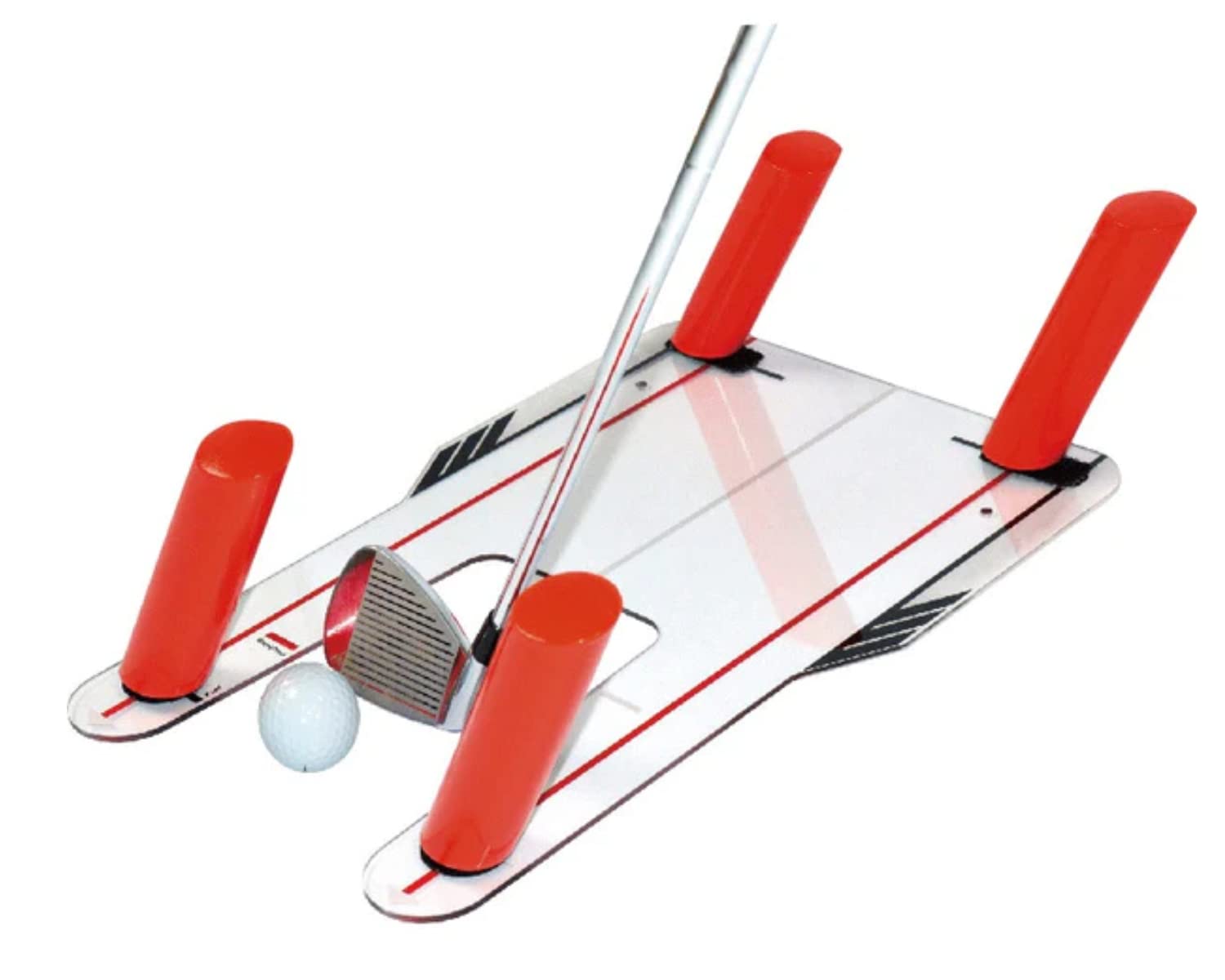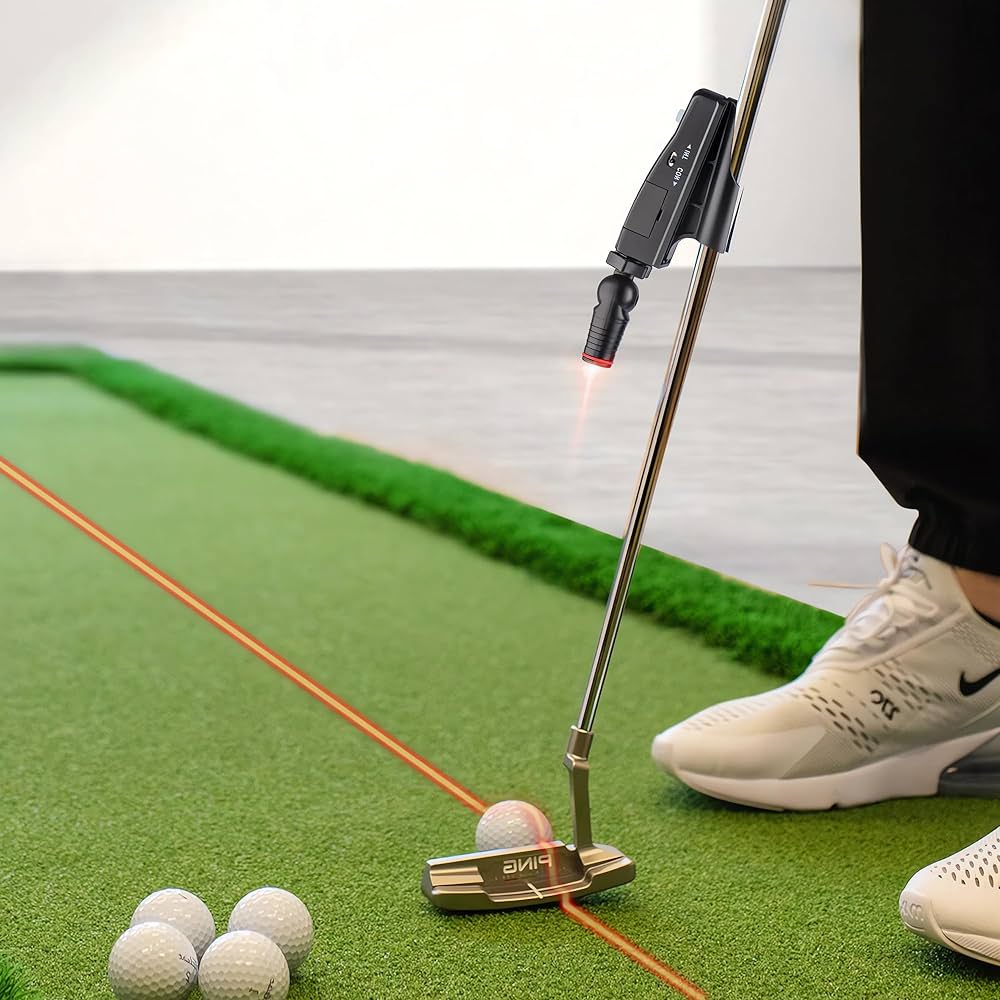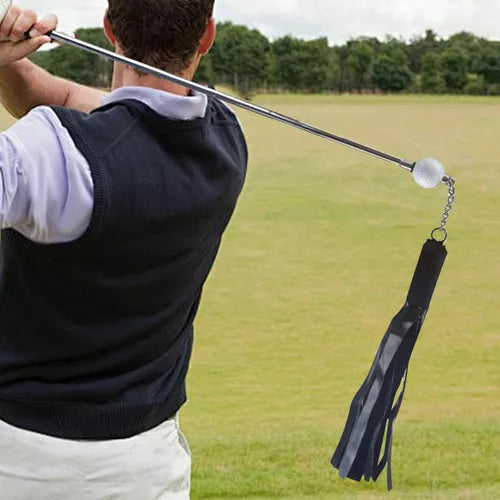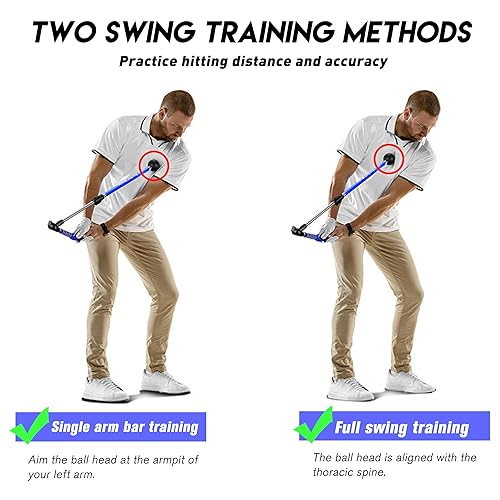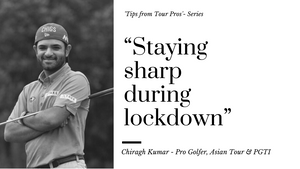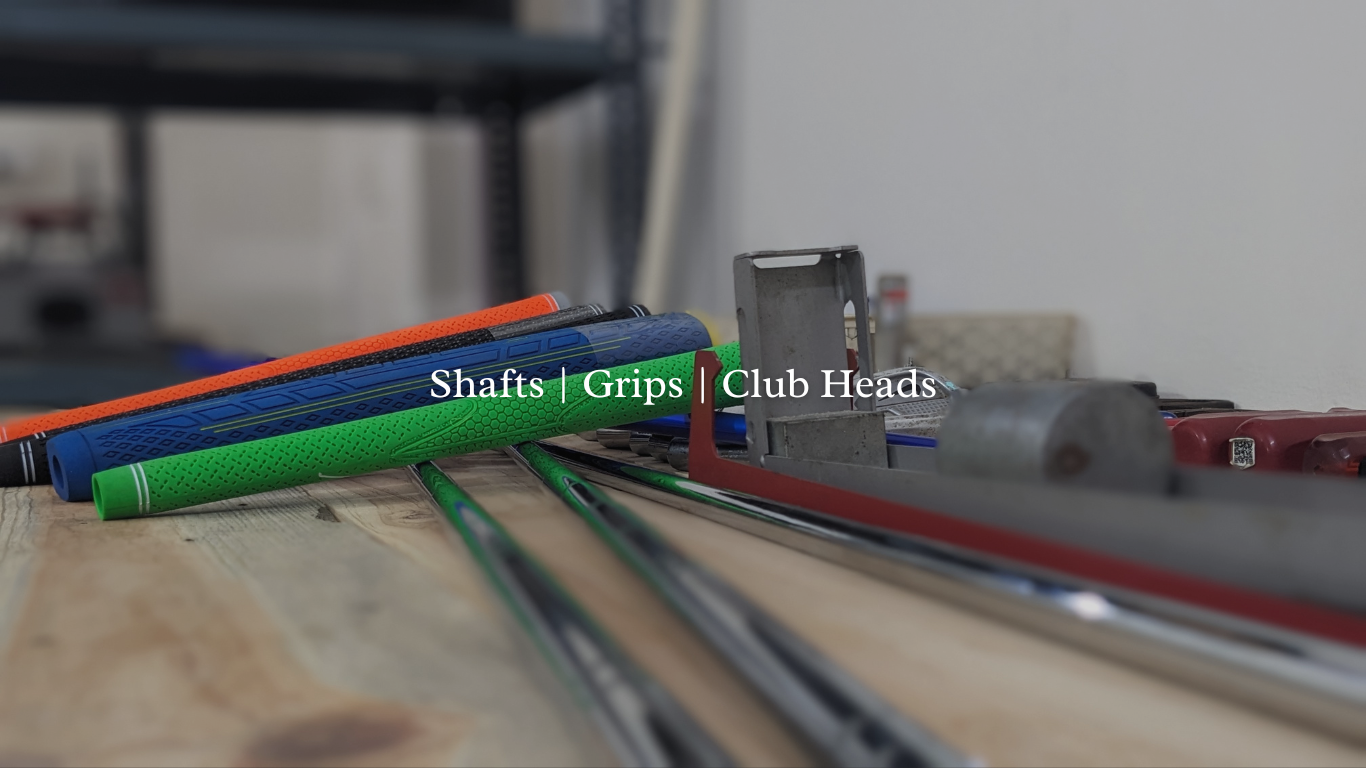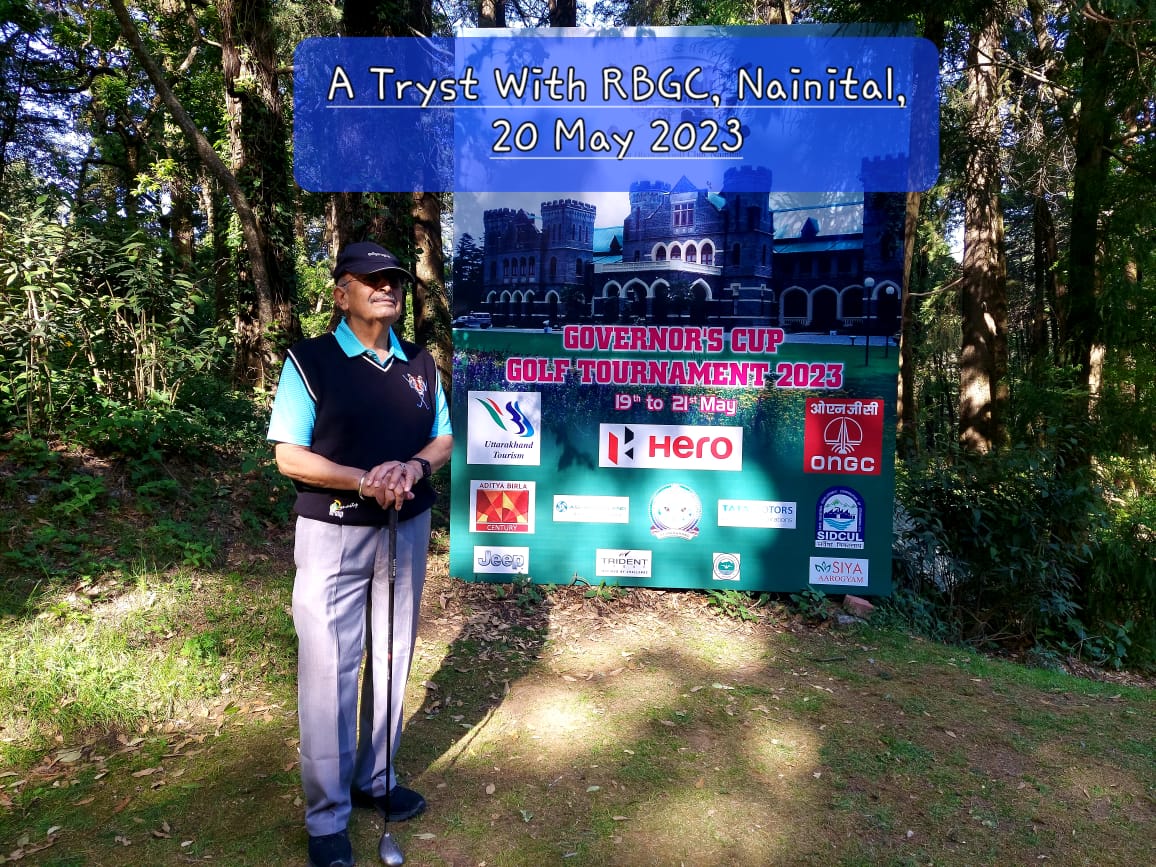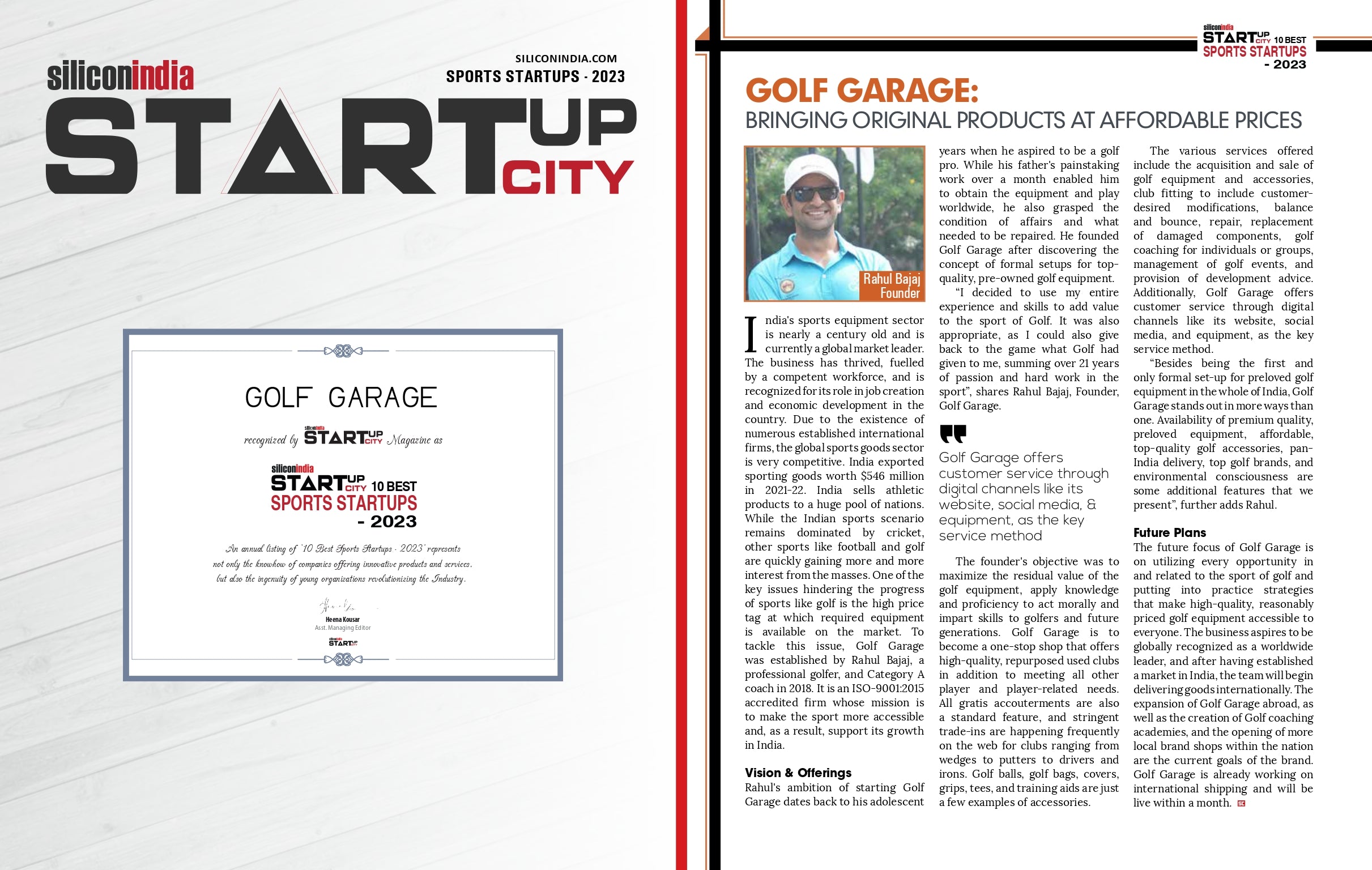Cart
0
This is a question that has plagued me ever since I started playing the game. And it's a question that has persisted paradoxically, even while I've gotten better at the game over the years. The results never seem quite commensurate with the slogging, and there's always a gnawing doubt that something else being the answer. It's led me to spending inordinate amounts of time on the practice range, endless hours on the internet looking for that magic move (it's gotta be the hips!) and ridiculous amounts of money on equipment for those crucial extra centimetres of distance.
.

.
But alas! That sense of joy and knowing that one is good enough is elusive. If you're like me you see others grinding less, having funky swings and lousy gear, happily appearing to play better, and draining putts and, horror of horrors, enjoying themselves.
.
So what's the secret?
.
In my opinion, the one single thing that differentiates us from these chosen few is what we tell ourselves about ourselves. The very question of why can't I improve, sets into motion the dynamic that in the end undermines our game.We simply are paralyzed by our own sense of inferiority and worthlessness, our constant worry that disaster is just around the corner. It distracts us from playing freely, from thinking clearly and simply enjoying the moment and taking what comes on the course.
.
This rather unhelpful mode of thinking appears to work in two ways. The basic and the immediate. The immediate is the sense of panic at the time of play and in the execution of the shot itself. The thought 'I'm messing up' up tends to pop and with self fulfilling inexorability causes one to tighten ones muscles, lose rhythm and flow. This is particularly true of golf as opposed to reactive sports where there isn't as much time to think or to observe what one is doing as we are doing it. There are days when we are out of ones own way as they say, when playing golf feels effortless and here self consciousness is at a minimum.
.

.
The second way fear works, is more insidious. This is the voice of the inner critic that works on us in the background, when we are playing or off the field. It's the voice that tells us that we aren't good enough. That we shouldn't compete. That we don't have a right to success because we simply don't deserve it. This is the voice of childhood trauma.
.
As adults we think we're quite sorted and one shouldn't entertain notions of inadequate self worth, but we still end up doing it all the time, and there's nothing quite like golf that shows us the true extent of our emotional development. The inner voice was once an external voice of a parent or a coach or even our peers and as children we accepted the notions of our inferiority without challenge.
.
The system of handicaps reinforces the notion of our own intrinsic ability or lack thereof. A person will happily step into the belief that they're a six or a twelve as if it is a shoe size right than simply an indicator of a current state of form. It has no relevance to ones ability to hit good shots unless one buys into the notion that we are somehow limited and that if I'm a six then somehow after two pars the universe will conspire to give me a bogey as a medal for playing my dutiful role in society.
.
The inner voice tells you you aren't good enough, you need strokes. It says your drives aren't long enough (a persistent myth busted by short hitting champs) that my swing isn't quite there yet (again Jim Furyk's high school coach told him that he'd be better off pursuing another career).
.

.
It requires deep self examination to silence that unhelpful inner voice. To do so may be painful for many, to deal squarely with formative childhood experiences. To be constantly vigilant when that voice is repeated and reinforced by ones peers. It can lead to being unpopular and apart from the rest of the crowd. But the reward is immense. If nothing else it will make golf hugely enjoyable. It will save you time and money. And yes it will make you suck less.
.
Here's a list of 5 statements that your inner critic makes that you can counter with more helpful and credible ones
- ‘ I am a 6 handicap golfer’ - 'my average score in the last few rounds is 6’
- ‘ I screw up under pressure’ - ' I know that outcome anxiety sometimes affects my game but it isn’t my game'
- 'I can't play this shot' - ' it's a tough shot but I'm not afraid of attempting it'
- ‘X is better than me’ - ' X's game good or bad doesn't affect my ability to make par'
- ‘If only Y happens I'll improve' - ' my golfing skill set is good enough to enjoy myself thoroughly and play my best'
Author:-
Shyam Vijay is a professional golfer and teacher based in Noida.




